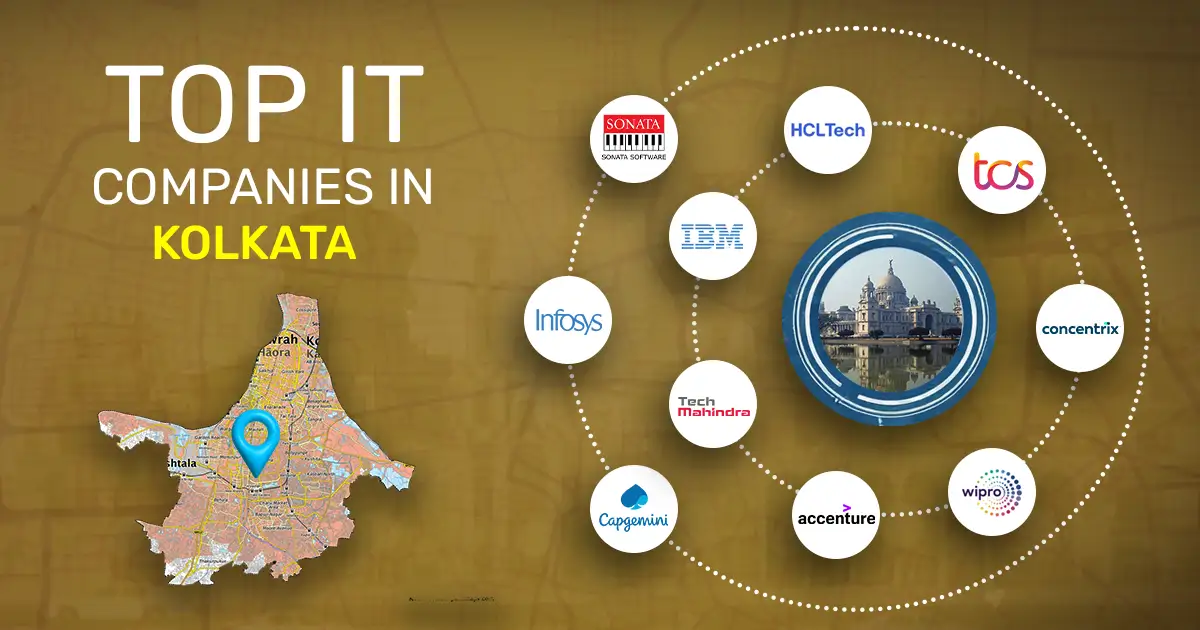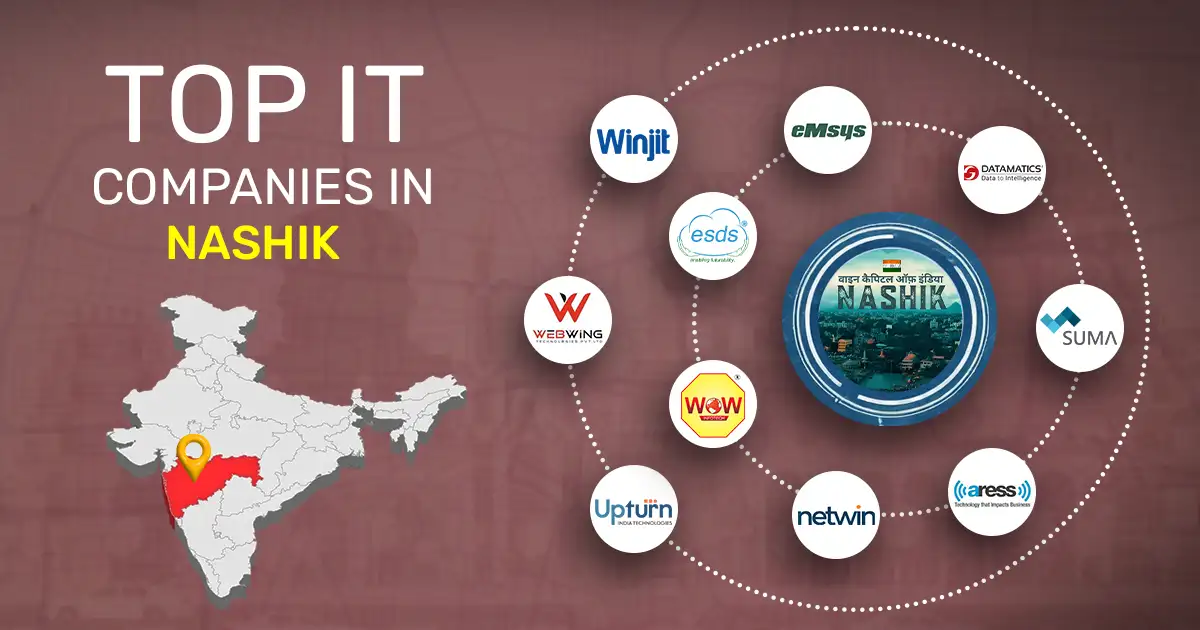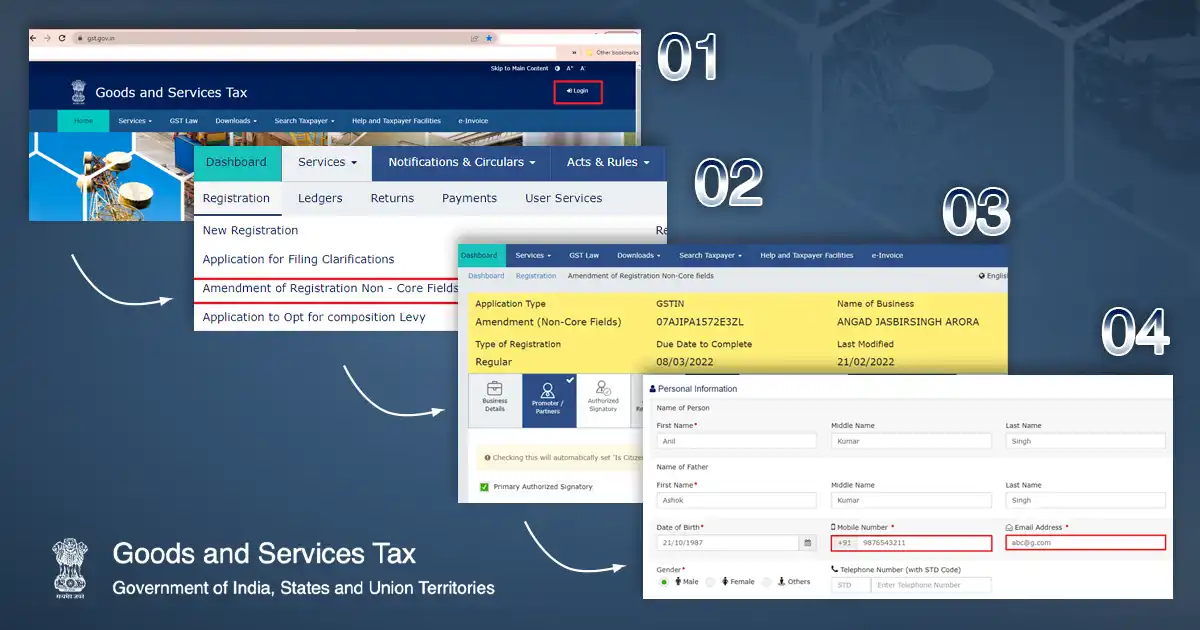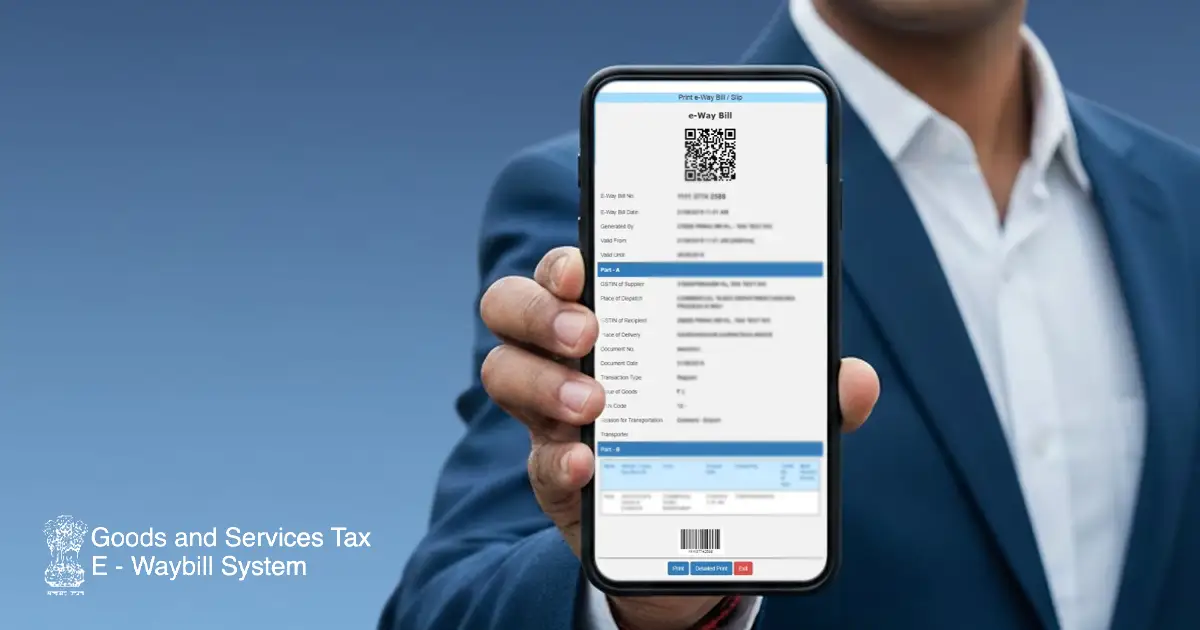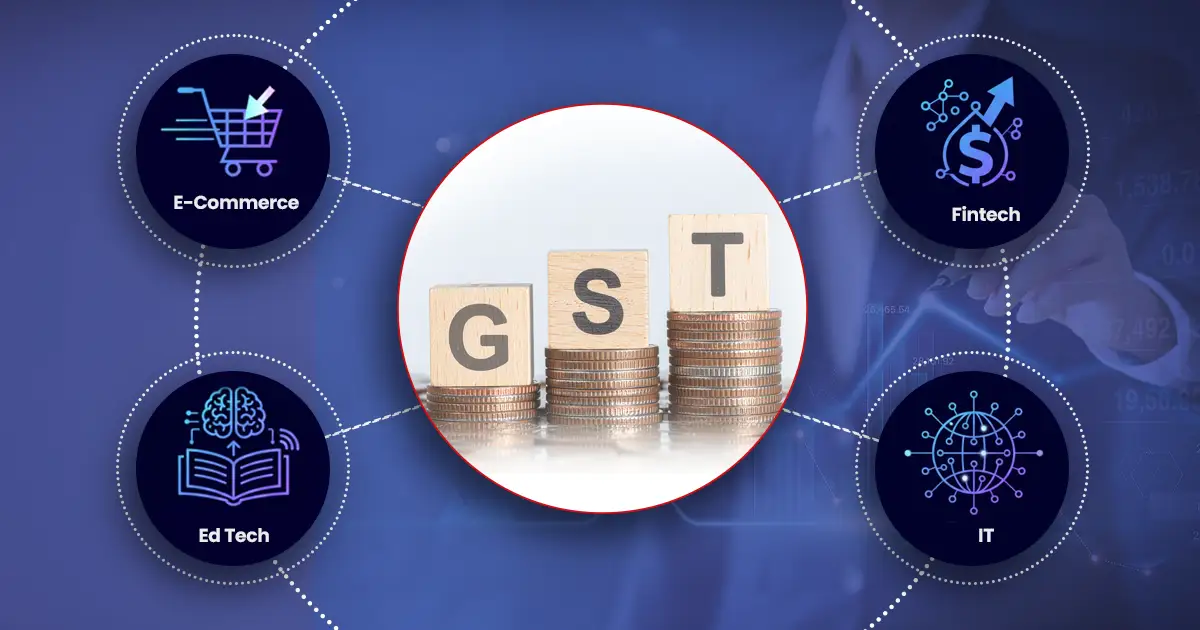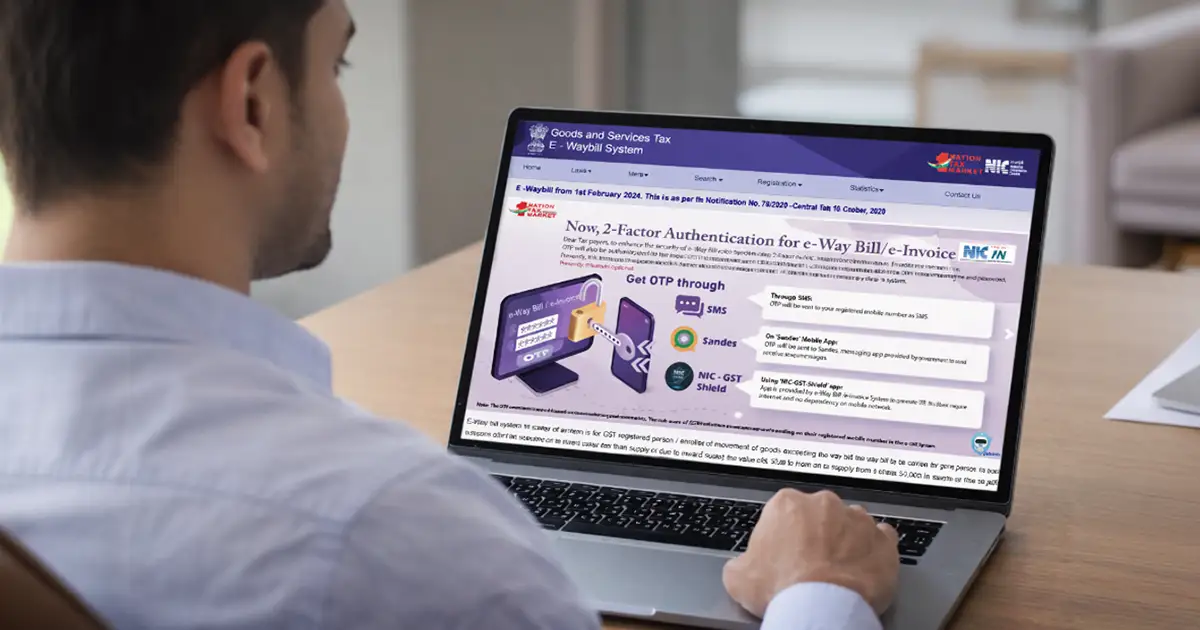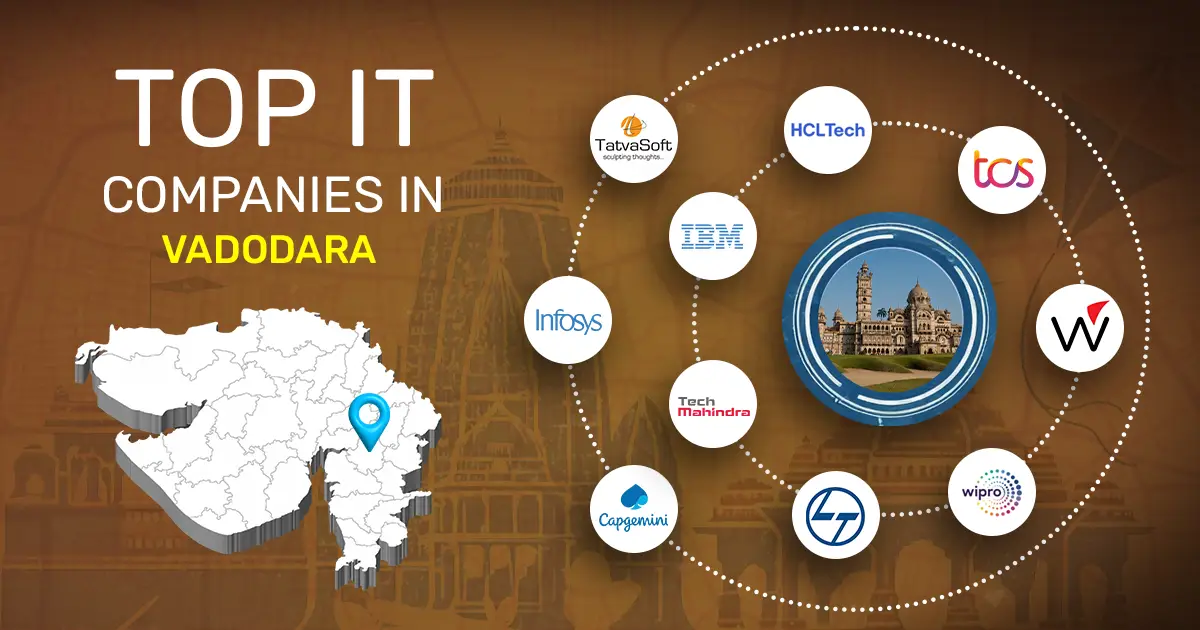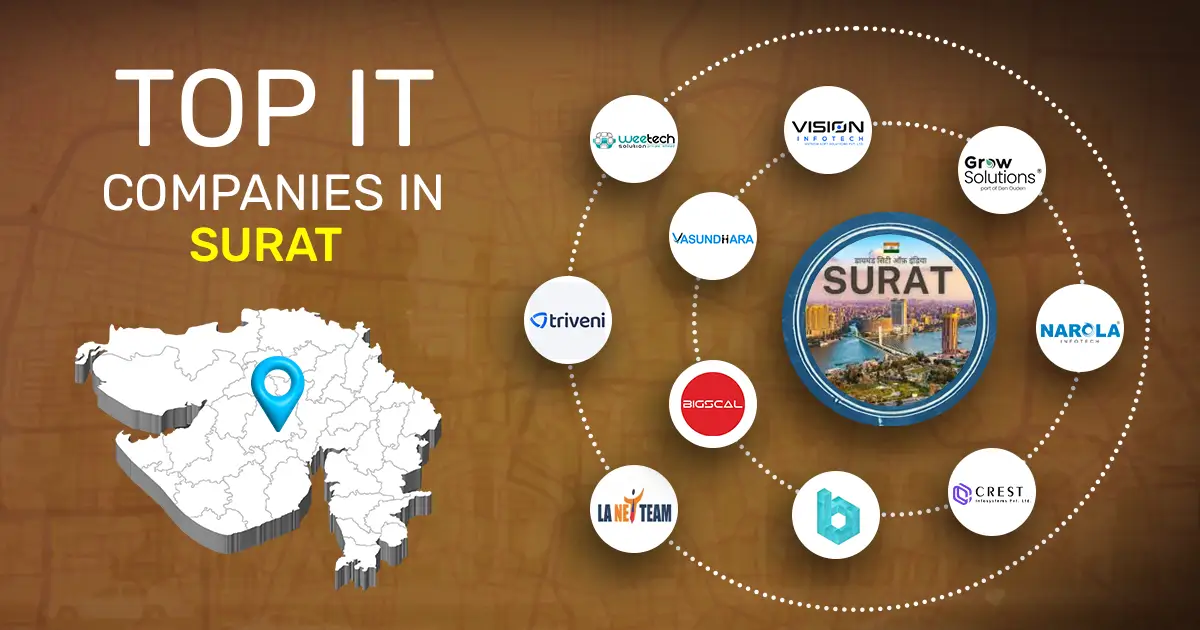The full form of CMMI is Capability Maturity Model Integration, a process improvement framework that helps organizations enhance their operational performance. It provides a structured set of best practices aimed at improving key business areas such as project management, software development, service delivery, and product engineering. By implementing these practices, organizations can increase efficiency, reduce defects, and deliver better products and services to their customers.
CMMI is particularly beneficial for industries that rely heavily on complex project management and development processes, such as IT and software companies, engineering firms, manufacturing, and service-based businesses. Originally developed by Carnegie Mellon University for the U.S. Department of Defense, CMMI has evolved to address modern business needs.
The framework has evolved, with the latest version, CMMI V3.0 (released in April 2023), designed to better align with modern business practices and technological advancements. These updates focus on improving organizational performance by integrating business objectives with process improvement initiatives, ensuring that companies stay competitive and adaptable in a rapidly changing market.
Is CMMI a Certification or an Appraisal?
This is a very common point of confusion. Technically, CMMI is not a "certification." Instead, your organization goes through an appraisal. At the end of the appraisal, you get a maturity level rating. This rating shows how well your processes are working.
So, while people often use the term "CMMI Certification," the correct term is a CMMI appraisal. The result is not a certificate in the traditional sense but a maturity level rating, ranging from Level 1 (Initial) to Level 5 (Optimizing). This rating serves as an official validation of your organization's process maturity and is used to demonstrate your capabilities in tenders, contracts, and other business opportunities. It essentially functions as a substitute for a certificate, showcasing your commitment to continuous improvement and process excellence.
Who is CMMI For?
You might think CMMI is only for giant software companies. That's not true! CMMI is for any organization that wants to improve its processes. It is incredibly popular among:
- IT and Software Companies: They use CMMI to manage complex software development projects, reduce bugs, and deliver on time. The CMMI Certification for companies in the IT sector is a common requirement for international clients.
- Government Contractors: Many government tenders, especially in defense, IT, and engineering, require a specific CMMI maturity level.
- Engineering and Manufacturing Firms: CMMI helps them manage product development cycles and ensure high quality.
- Service-Based Businesses: Companies that provide services can also use a special version of CMMI (CMMI for Services) to improve service delivery and customer satisfaction.
- Other Industries: CMMI can be applied to any organization seeking to improve its processes, whether in finance, healthcare, retail, or other sectors. By implementing CMMI practices, businesses across industries can enhance performance, reduce risks, and deliver greater value to customers.
Basically, if your business involves projects, development, or delivering a service, CMMI can help you do it better.


